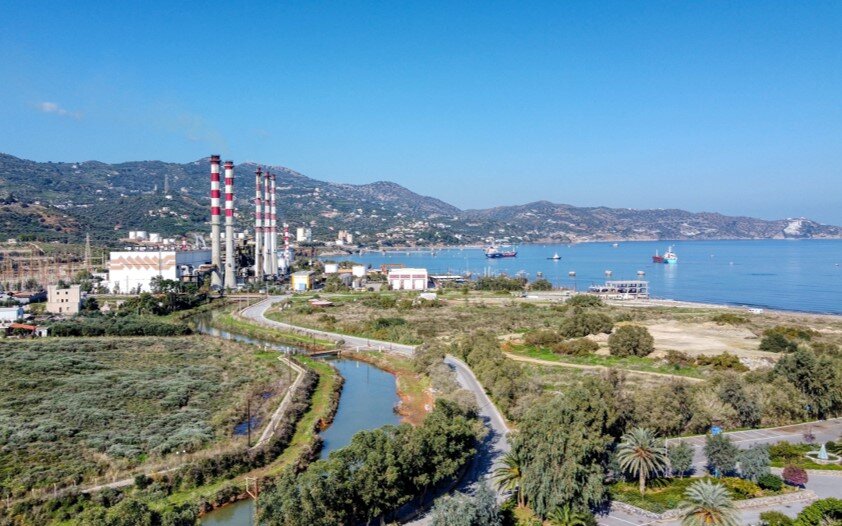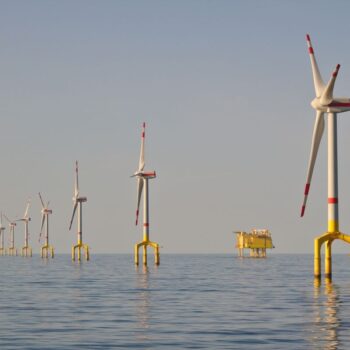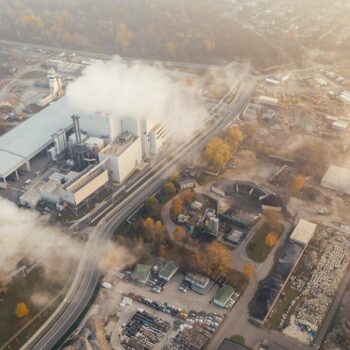E3G and 21 other organisations representing clean industry frontrunners and civil society are asking EU co-legislators to agree on an EU Emissions Trading System (ETS) reform and a Carbon Border Adjustment Mechanism (CBAM) that work for the climate and support industrial transformation.
A strong reform of the EU ETS and a well-designed CBAM can truly help slash emissions from the goods we produce and import, create a level-playing field for Europe’s low-carbon manufacturers and stimulate the demand and supply of clean industrial products.
As EU co-legislators continue the trilogue negotiations to finalise the reform of the EU ETS and the implementation of CBAM, the following elements must be included in the agreements:
- Free ETS allowances are phased out as soon as possible. Co-legislators must introduce a fully operational CBAM as of 2026, and a progressive reduction of free ETS allowances to CBAM sectors. Free ETS allowances should be reduced by 10% annually between 2026 and 2030, and fully discontinued by 2032 at the latest.
- Better and timebound targeting of free ETS allowances. Co-legislators must make the allocation of free ETS allowances conditional on energy efficiency requirements and decarbonisation plans. They should also support a revision of the current ETS benchmarks that takes into account material substitution and circularity, and reflects the real technological developments and potential of sectors, making sure that installations investing in partially or fully decarbonised processes are included in the same benchmarks as the conventional installations. This means revising the definition and scope of the benchmarks and increasing the minimum improvement rate to at least 0.4%.
Read the open letter of E3G and other 21 organisations to negotiators of the EU ETS and CBAM.


